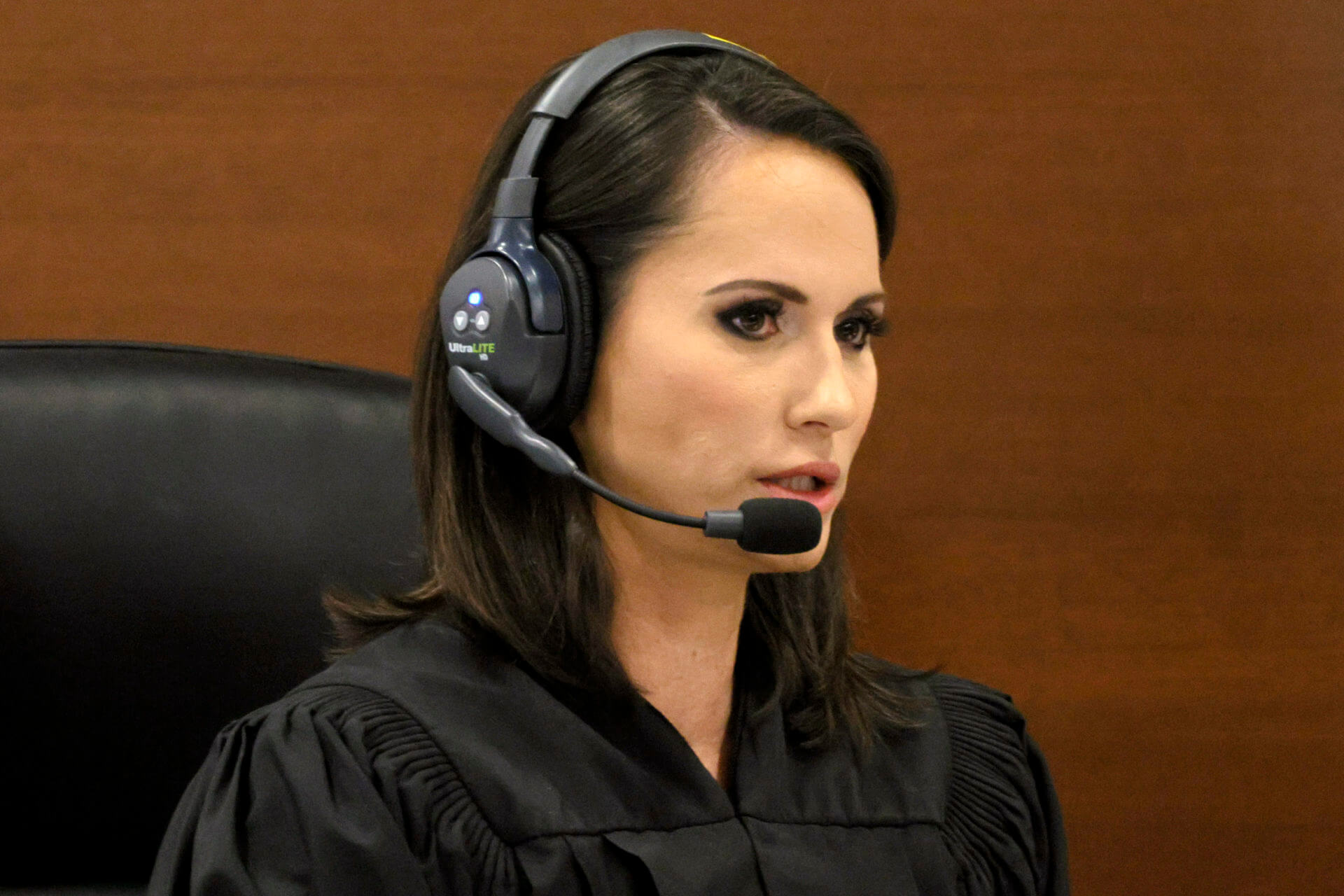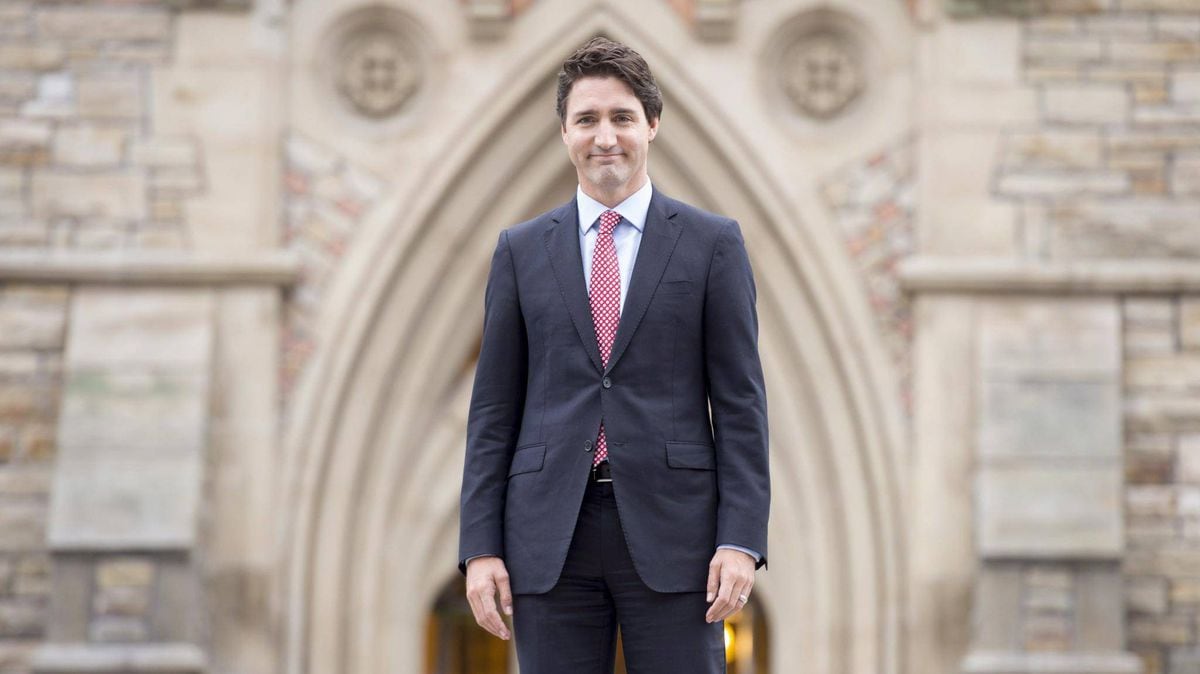Jury Selection Starts In Case Of Slain Charlotte Mother

Table of Contents
The Importance of Impartial Jury Selection in High-Profile Cases
Selecting an unbiased jury is crucial in any case, but it’s especially vital in high-profile cases like the murder of the slain Charlotte mother, which has received extensive media coverage. Pre-trial publicity can significantly influence potential jurors, creating challenges in finding individuals who can approach the case with an open mind and base their verdict solely on the evidence presented in court. The goal is to ensure a fair trial for both the defendant and the victim's family.
The potential for media bias to impact juror impartiality is a major concern. Sensationalized reporting, repeated broadcasts of details surrounding the slain Charlotte mother's death, and even social media discussions can sway opinions before the trial even begins. The judge plays a critical role in mitigating this risk.
- Potential for media bias impacting juror impartiality: Extensive media coverage can create pre-conceived notions about guilt or innocence.
- The judge's role in ensuring a fair and impartial jury: The judge oversees the voir dire process, aiming to identify and remove biased jurors.
- The process of voir dire (questioning potential jurors) and challenges for cause: During voir dire, attorneys question potential jurors to assess their impartiality. Challenges for cause allow attorneys to remove jurors who demonstrate bias.
Key Details of the Slain Charlotte Mother Case
While protecting the integrity of the ongoing trial and avoiding the release of sensitive information, we can provide some context relevant to the jury selection process. The case revolves around the tragic death of a Charlotte mother, a crime that shocked the community. The specifics of the crime, including the date and exact location, will be revealed during the trial. However, the nature of the charges against the defendant is relevant to the jury selection process, as it influences the type of juror needed.
- Date and location of the crime: Details will be revealed in court.
- Brief description of the victim (avoiding graphic details): The focus is on the victim's life and the impact of her loss on her family and community.
- Nature of the charges against the defendant: The charges against the defendant will shape the questioning of potential jurors during voir dire.
The Jury Selection Process: A Step-by-Step Overview
Jury selection is a multifaceted process aimed at assembling a panel of impartial individuals capable of rendering a fair and just verdict. It begins with summoning potential jurors from the community, followed by extensive questioning to uncover any potential biases.
The voir dire process is central to this selection. Attorneys from both sides question potential jurors to ascertain their suitability. They delve into the potential jurors’ backgrounds, beliefs, and experiences to uncover any conflicts of interest or pre-existing biases that could affect their ability to judge the case fairly.
- Explanation of the voir dire process: Attorneys question potential jurors to identify biases and conflicts of interest.
- Types of questions asked to potential jurors: Questions assess their knowledge of the case, their feelings about the defendant and victim, and their ability to remain impartial.
- The process of removing biased jurors: Challenges for cause and peremptory challenges allow attorneys to remove jurors deemed unsuitable.
- The desired composition of a fair jury: The aim is a diverse jury that represents the community and can make an unbiased decision.
Potential Juror Demographics and Considerations
Demographic considerations play a significant role in jury selection. The aim is to create a diverse jury reflecting the community's composition, ensuring a fair representation of different age groups, races, and socioeconomic backgrounds. However, it's crucial to avoid selecting jurors based on stereotypes or assumptions. The defense and prosecution will actively work to shape the jury composition to their advantage within the legal framework.
- Representation of various age groups, races, and backgrounds: A diverse jury is vital for ensuring fairness and preventing biases related to demographic factors.
- Potential for biases based on demographics: Understanding potential biases is crucial to the selection process.
- The role of the defense and prosecution in shaping the jury: Both sides actively participate in shaping the jury's composition through challenges and questioning.
Conclusion
The jury selection process in the case of the slain Charlotte mother is a critical step towards ensuring a fair and just trial. The careful selection of an unbiased jury is paramount, given the high-profile nature of this case and its profound impact on the community. The process, while lengthy and complex, aims to guarantee that the trial's outcome is based solely on the presented evidence and not influenced by external factors. Stay tuned for updates on this significant case as the trial progresses. For more information on the slain Charlotte mother case and the ongoing legal proceedings, continue to follow our coverage.

Featured Posts
-
 Ovechkin Priblizhaetsya K Rekordu Grettski Prognoz N Kh L
Apr 30, 2025
Ovechkin Priblizhaetsya K Rekordu Grettski Prognoz N Kh L
Apr 30, 2025 -
 Cleveland Guardians Sweep Yankees Key Takeaways From The Series Win
Apr 30, 2025
Cleveland Guardians Sweep Yankees Key Takeaways From The Series Win
Apr 30, 2025 -
 Hanh Trinh Cua Cong Nhan Dien Luc Mien Nam Tai Du An 500k V Mach 3 Nhung Thach Thuc Va Thanh Cong
Apr 30, 2025
Hanh Trinh Cua Cong Nhan Dien Luc Mien Nam Tai Du An 500k V Mach 3 Nhung Thach Thuc Va Thanh Cong
Apr 30, 2025 -
 Eurovision 2025 Song Unveiled Remember Mondays Capital Breakfast Interview
Apr 30, 2025
Eurovision 2025 Song Unveiled Remember Mondays Capital Breakfast Interview
Apr 30, 2025 -
 Canadas Next Prime Minister Top Economic Challenges
Apr 30, 2025
Canadas Next Prime Minister Top Economic Challenges
Apr 30, 2025
